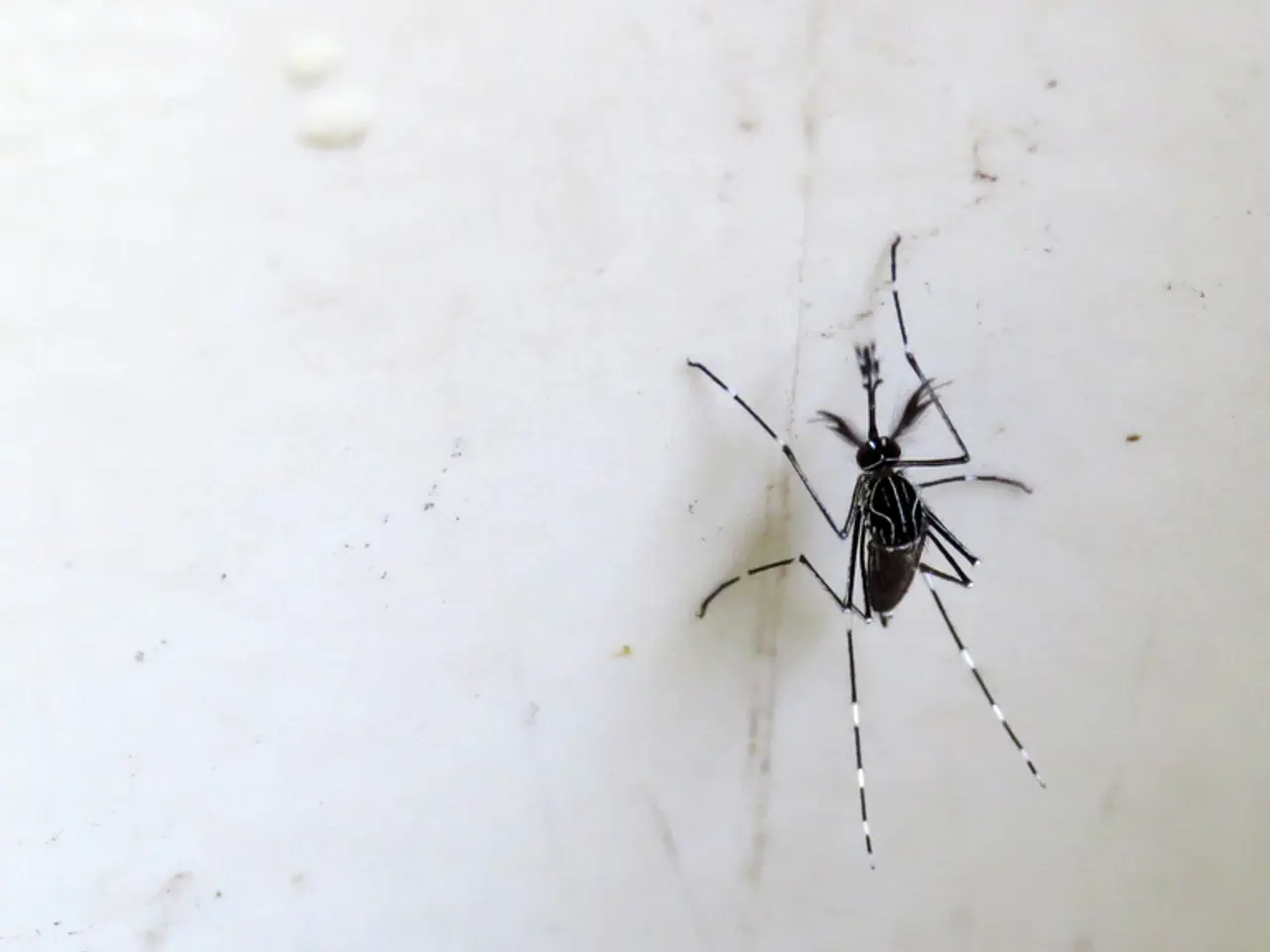Zika Virus Can Harm Adult Brain Cells, New Study Warns
A groundbreaking study published in Cell Stem Cell reveals that Zika virus can affect and potentially harm certain adult brain cells, raising concerns about long-term effects. The research, led by Joseph Gleeson, an adjunct professor at the University of California, San Diego, suggests that adult neurons involved in learning, memory, and neural regeneration may be at risk.
The study discovered that adult neurons, particularly neural stem cells and progenitor cells, are susceptible to Zika infection. These cells play a crucial role in replacing lost or damaged neurons and supporting learning and memory processes. Notably, most adults infected with Zika may not exhibit immediate or noticeable symptoms, making the virus's impact on the brain even more concerning.
The research highlights potential long-term effects, including impacts on long-term memory and an increased risk of depression. However, more studies are needed to fully understand the long-term implications of Zika on adult stem cell populations and overall brain health.
The first study on Zika's affect on adult brains underscores the need for further research to comprehend the virus's long-term effects. As Zika can affect and potentially harm critical adult brain cells, understanding these effects is vital for developing effective prevention and treatment strategies.






